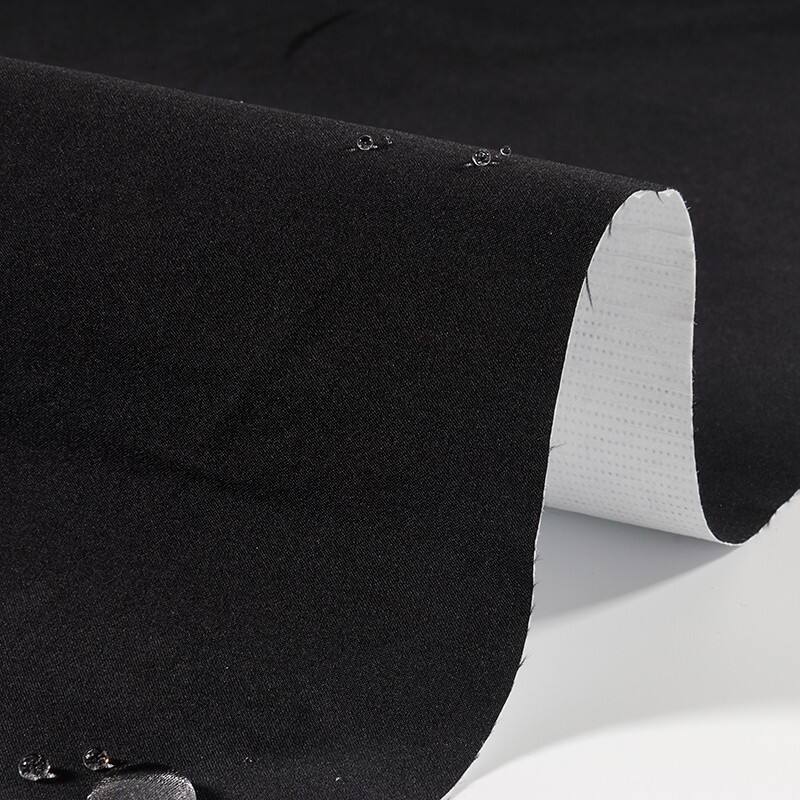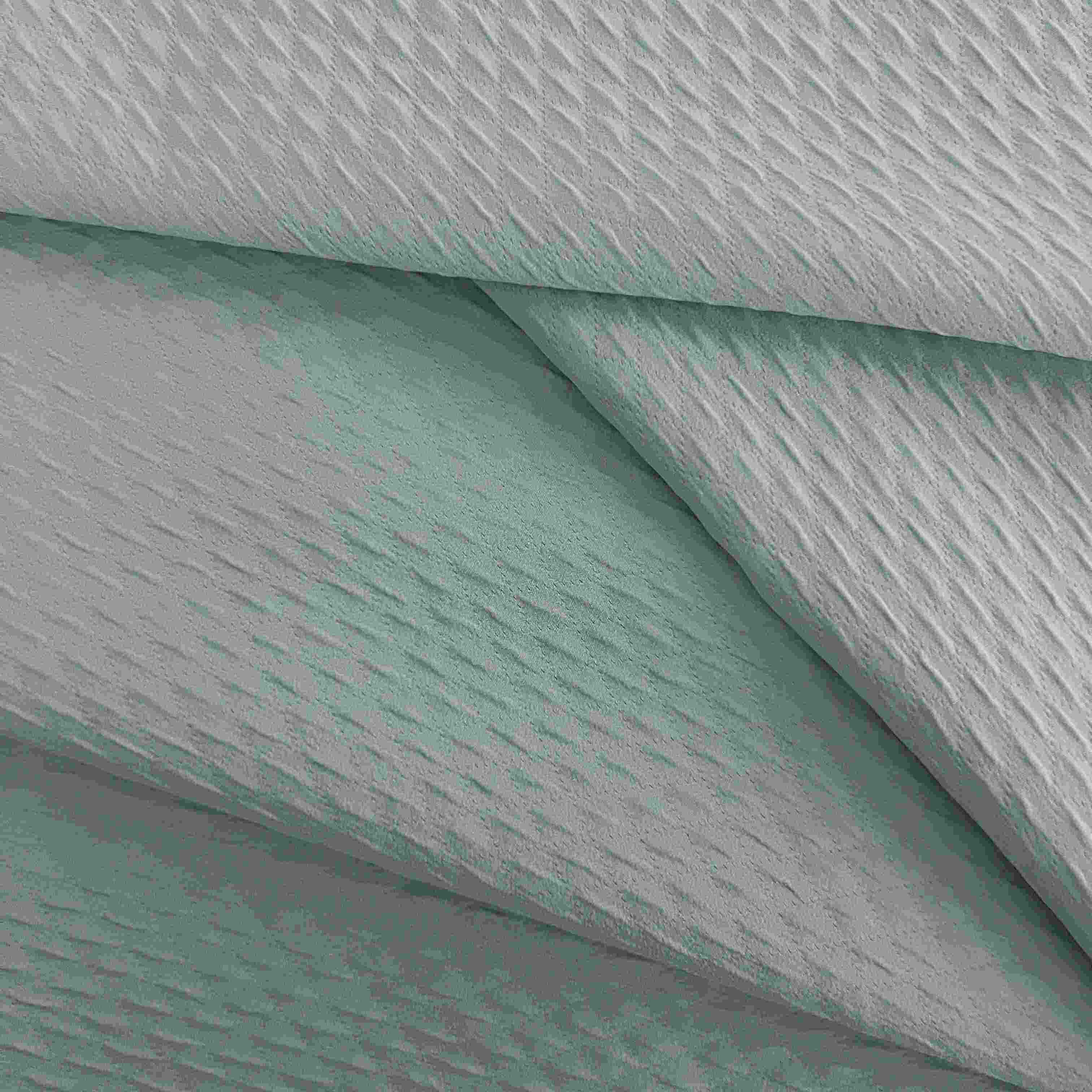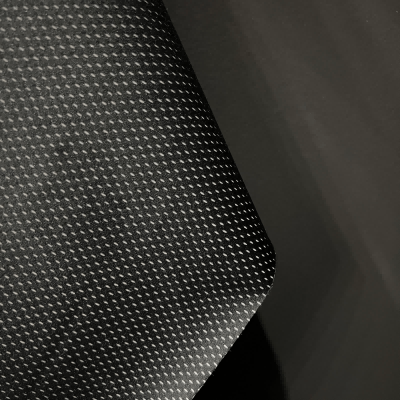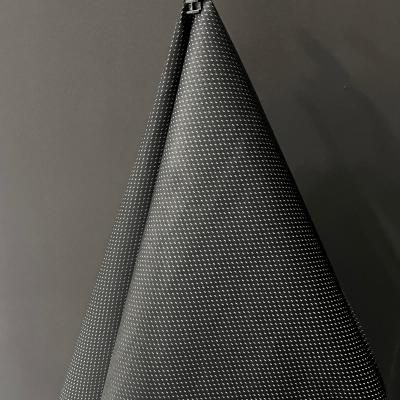sustainable fashion materials
Sustainable fashion materials represent a revolutionary approach to clothing production, combining environmental consciousness with innovative textile technology. These materials encompass a wide range of eco-friendly options, from organic cotton and recycled polyester to innovative fabrics made from agricultural waste and biodegradable alternatives. The materials are engineered to minimize environmental impact while maintaining high performance standards in durability, comfort, and style. Advanced processing techniques ensure these materials meet rigorous sustainability criteria, including water conservation during production, reduced carbon emissions, and elimination of harmful chemicals. Many sustainable fashion materials feature natural antimicrobial properties, enhanced breathability, and superior moisture-wicking capabilities. They're designed to withstand multiple wash cycles while maintaining their integrity, ensuring longevity and reducing the need for frequent replacements. These materials often incorporate cutting-edge innovations such as closed-loop manufacturing systems, which enable the recycling and reuse of resources throughout the production cycle. The versatility of sustainable fashion materials makes them suitable for various applications, from everyday wear to high-performance athletic gear, demonstrating their adaptability across different fashion segments.










